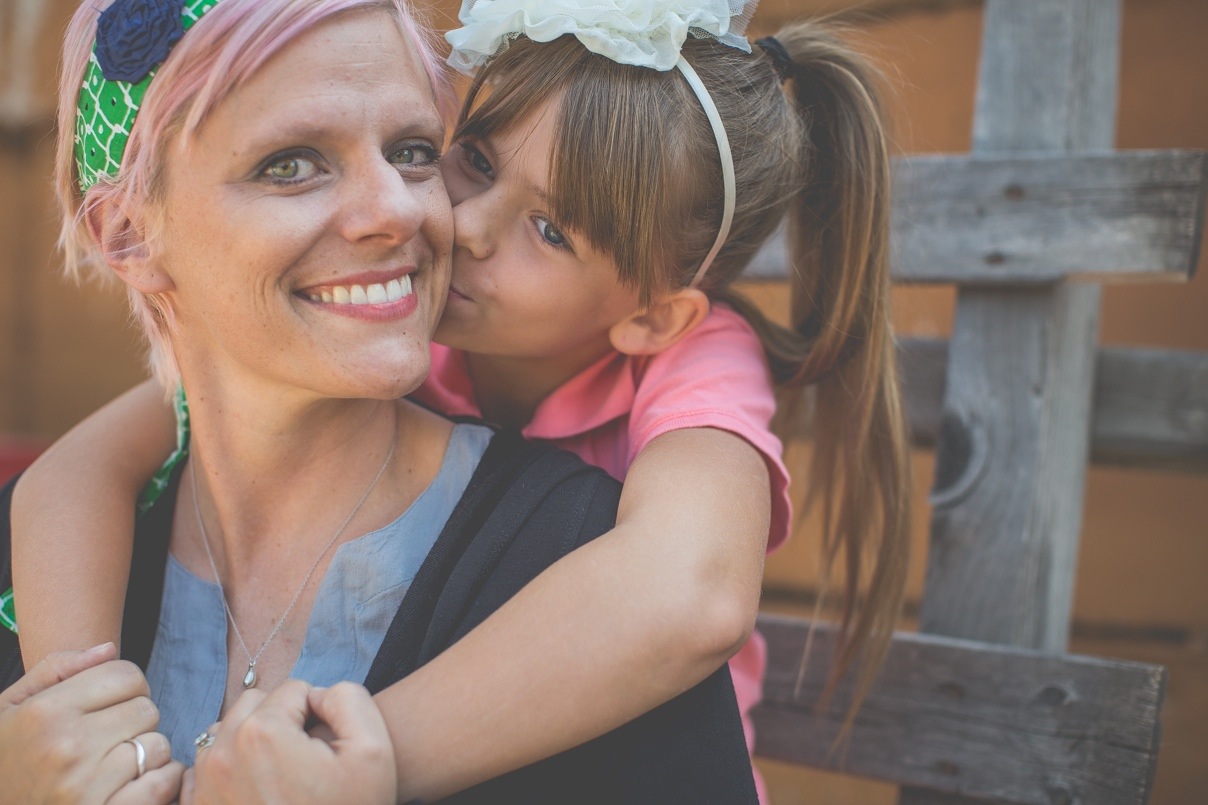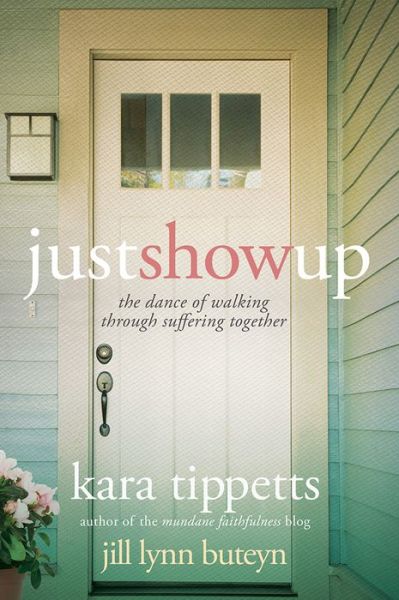from an article originally posted November 3, 2014…
There was a man trying to justify himself to Jesus.... Isn’t that all of us? Justify. Jesus justify us. And that is exactly what the life, death, and resurrection of Jesus has done. It has justified our living, given value to our hurting, and walked with us through our suffering. But a gentleman was struggling with how he should love, what love looked like. The man in Luke 10 came to Jesus, but I love what it says—he came trying to justify himself. I see so much of that in my own response to Brittany, in the response from our culture. We want to reconcile, to understand, to wrap our minds around all that is broken. And we simply can’t. We feel the brokenness of loss, the devastation of disease, and we long to understand all that is circling our minds. We want simple answers, simple harsh responses to those who might disagree with us—no matter where we sit on this issue. We are all hurting. We are all wrestling with the meaning of our breaths, our moments, our suffering, our living.
I’m in a unique position—my inbox is filled with story after story of people taking an opposite path of Brittany. I get to hear the beautiful broken stories of those who are meeting their suffering and not choosing to hasten death. And please know, it is not a simple journey they are facing. I hear the broken hearts of mamas and daddies holding wide their hands to the remaining breaths of treasured children. It hurts to look, but it’s beautiful. Their stories are not broadcast on national television, but lived quietly in their communities, seeking the grace to live through pain. There is a beautiful medical practice called palliative care that is creatively and lovingly extending their expertise to love the broken through their important and high calling of comforting and walking beside the dying.
So I look to Jesus for insight into how should we rightly respond to a culture that doesn’t understand the beauty of brokenness. Specifically, let’s look at the parable of the Good Samaritan found in Luke 10.
“But he, desiring to justify himself, said to Jesus, “And who is my neighbor.” Jesus replied, “A man was going down to from Jerusalem to Jericho, and he fell among robbers, who stripped him and beat him and departed, leaving him half dead. Now by chance a priest was going down the road, and when he saw him he passed by on the other side. So likewise a Levite, when he came to the place and saw him, passed by on the other side. But a Samaritan, as he journeyed, came to where he was, and when he saw him, he had compassion. He went to him and bound up his wounds, pouring on oil and wine. Then he set him on his own animal and brought him to an inn and took care of him. And the next day he took out two denarii and gave them to the innkeeper, saying ’Take care of him, and whatever more you spend, I will repay you when I come back.’ Which of these three do you think proved to be a neighbor to the man who fell among the robbers?” He said, The one who showed him mercy.” And Jesus said to him, “You go, and do likewise.””
So, how should we respond to this pain, this hurt, this brokenness? Well, Jesus was not vague. He gave us an example. He did not say to enter into hot debates over ethical issues. Jesus did not tell us to speak unkindly to one another. He simply exhorts us to go, go and bind up the wounds of the broken, love the devastated, live His BIG LOVE to the hurting world around us.
I don’t have the right words in response to Brittany. I simply have prayers as I stumble through today. I fold clothes and cry and pray for her mama. I sit with my young daughter and my mind wanders to the broken heart of Brittany’s husband. I pray as people ask me to respond that my words would be a comfort and not an insult to their deep pain. But when I hear the words of Jesus telling me to, Go and do likewise, I simply wonder who the broken will be who will come in my path. I ponder how I might bind up a wound, love the hurting, extend compassion and mercy, meet the sick and give them Jesus. How am I given this breath today to extend the great love that I know to another? Will I look at the Good Samaritan and go and do likewise, as Jesus said? And He lived a perfect life, died the death I deserved, and overcame death so that I might not feel the sting of death. 1 Corinthians 15:54 says, Death is swallowed up in victory. O death, where is your victory? O death, where is your sting?
Who is God bringing across path today to love? What wounds are you being called to bind up in love? How will you respond to this high calling of going and doing likewise? Unkind and bitter words will do little to affect change in our culture, but our love, our love will make all the difference.





